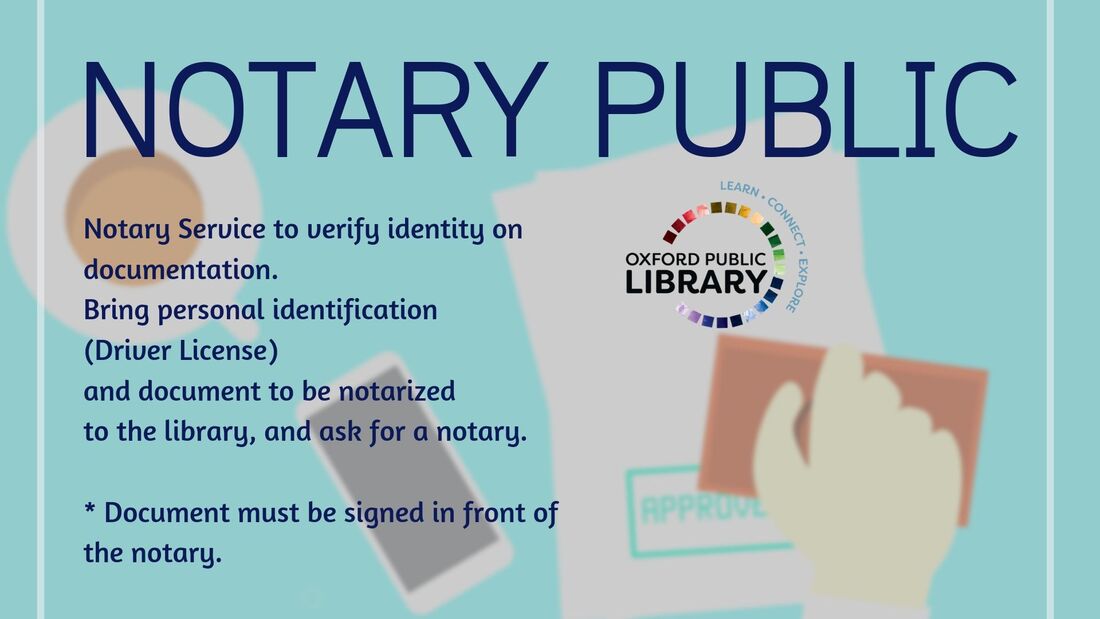Experienced Conveyancer: Browsing Property Transfers with Experience
Experienced Conveyancer: Browsing Property Transfers with Experience
Blog Article
Debunking Notarial Work: Simplifying the Function and Relevance of Notaries
Their role, usually shrouded in secret for several, brings significant weight in making sure the validity and integrity of essential documents. By unraveling the intricacies dropping and surrounding notarial techniques light on the relevance of their acts, a more clear understanding emerges of the vital role notaries play in maintaining the textile of legal and legal contracts.
The Background of Notarial Work
The history of notarial job dates back to ancient people, where scribes played an important duty in taping essential info and validating files. This led to the advancement of notaries, individuals appointed by the state to act as neutral witnesses in lawful issues.
Throughout the Middle Ages, notaries gained importance in Europe, with their features expanding to consist of drafting lawful papers, licensing trademarks, and maintaining documents. The surge of worldwide trade even more emphasized the importance of notarial operate in confirming agreements and arrangements throughout boundaries.
In the modern-day era, notaries continue to play a vital role in legal and organization transactions by validating identities, confirming the authenticity of papers, and protecting against fraudulence. Their duty in accrediting the validity of agreements includes a layer of protection and depend on to the ever-evolving landscape of business and law.

Responsibilities and Obligations of Notaries
The historical advancement of notarial work from old human beings to the contemporary era has actually formed the distinct duties and duties that notaries promote in lawful and business transactions today. Notaries play a crucial role in validating the authenticity of records and the identification of signatories. Among their key responsibilities is to witness the signing of essential papers, such as wills, actions, and contracts, to make sure that all events are participating in agreements purposefully and voluntarily. Notaries also confirm that signatories are of audio mind and not under duress or threat.
Furthermore, notaries are tasked with administering affirmations and oaths, which are essential in lawful process and the execution of affidavits. They license duplicates of initial files, giving guarantee to institutions that the copies are true replicas of the originals. Notaries need to maintain accurate documents of all deals they manage to guarantee openness and responsibility. On the whole, the duties and responsibilities of notaries are necessary in guarding the honesty and legality of different documents and transactions.
Notarial Certificates and Signatures
Exemplifying thorough focus to detail, notarial certifications and trademarks act as crucial components in verifying the credibility of legal files. Notarial certificates usually consist of important info such as the date of registration, the names of the notaries, a summary of the paper, and the notary's main seal. These certificates provide a clear document of the notarial act, guaranteeing that the file can be conveniently recognized and mapped back to the notary who oversaw the procedure.
Trademarks play a crucial function in notarial job, as they symbolize the contract and authorization of the celebrations included. Notaries carefully witness the signing of files to confirm the identity of the notaries and confirm that they are signing of their very own free choice. By affixing their official seal and trademark to the record, notaries license that the needed procedures have been complied with which the file is enforceable and valid.
Essentially, notarial certifications and trademarks are the trademark of credibility in lawful transactions, offering why not try these out guarantee to all parties included that the documents are legit and binding.
Importance of Notarial Acts

Registration Process Explained
Describing the registration procedure gives clearness on the important actions involved in verifying lawful documents. The notarization process normally starts with the specific presenting the record to a notary public. The notary then verifies the signer's identity via acceptable recognition approaches. As soon as the identification is verified, the notary makes certain that the private authorizing the document does so voluntarily and without any browbeating.

Conclusion

Notarial certifications usually include critical information such as the date of notarization, the names of the signatories, a description of the paper, and the notary's main seal. These view it now certificates give a clear document of the notarial act, guaranteeing that the paper can be easily recognized and mapped back to the notary who looked after the procedure.
By fastening their official seal and signature to the document, notaries license that the needed treatments have been complied with and that the document Read Full Report is enforceable and legitimate.
By validating the identification of the notaries, confirming their willingness to enter right into the arrangement, and accrediting the day and area of the finalizing, notaries play a vital function in upholding the credibility of legal documents.After the file is authorized, the notary will certainly attach their official seal or stamp onto the file.
Report this page